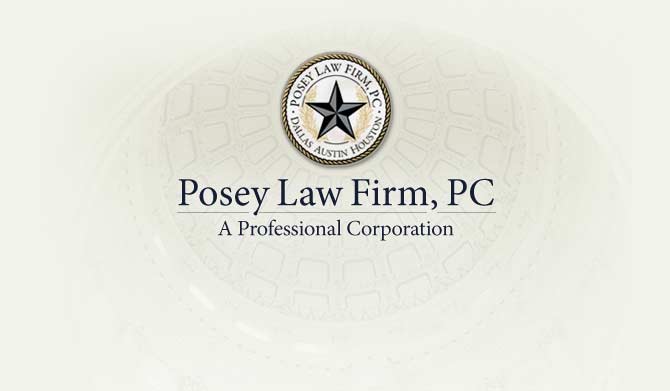A recent case regarding overtime abuse in Texas has stirred an overall concern with employers everywhere, causing business owners and human resource departments to revisit their overtime rules.
Bryon Jones and several of his coworkers, a group of hourly workers at a Texas call center, sued their employer for unpaid overtime. The claim alleged that the employer had a “no unauthorized overtime” policy, but that the company never enforced it. The employees claimed that their supervisors told them to report only 40 hours, but drove them to meet sales quotas—no matter how many hours it took them to do it.
The employer argued that they never approved overtime, but the court allowed the case to proceed as a class action case because it reasoned that the employer made it impossible for their employees to perform their jobs in 40 hours. Also, according to the U.S. Department of Labor, “time spent doing work not requested by the employer, but still allowed, is generally hours worked.”
Lesson to Be Learned for Other Employers
Simply because a company has a “no unauthorized overtime” policy doesn’t mean it can’t be sued. Companies cannot hide behind written polices if they are encouraging their employees to work unreported overtime hours.
Our Texas employment lawyers recommend limiting your liability by having a clear overtime policy that managers and employees understand. This means that employees either must have overtime approved in advance, or there is a “no unauthorized overtime” policy. In addition to having a policy, it needs to be enforced for all employees, or employees may be able to sue due to unpaid overtime.

